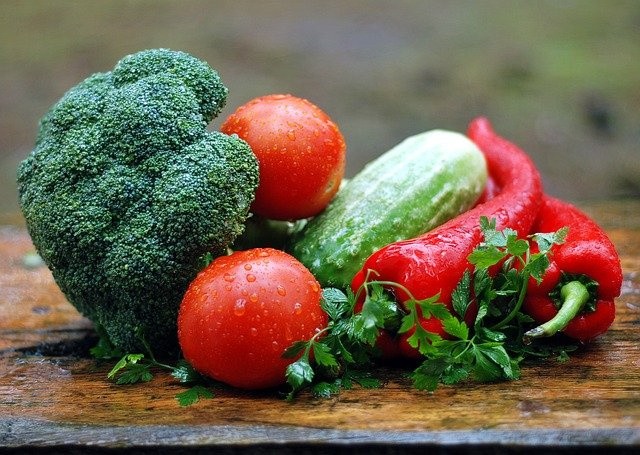Scientists from Stanford University and the University of California, Berkeley discovered an interesting link between plant-based diet and greenhouse gases emission.
A global phase-out of animal agriculture combined with a worldwide switch to a plant-based diet would effectively halt the increase of atmospheric greenhouse gases for 30 years, giving humanity more time to end its reliance on fossil fuels.
Patrick Brown, a professor emeritus in Stanford University's department of biochemistry, said that they intended to answer a straightforward question: What would the impact of a global phase-out of animal agriculture on atmospheric greenhouse gases and their global-warming impact?
Brown co-authored the research with Michael Eisen, a professor of genetics and development at UC Berkeley.
Slowly Phasing Out Animal-Based Foods

Based on the model published in the open-access journal PLOS Climate, phasing out animal agriculture over the next 15 years would have the same effect as a 68 percent decrease of carbon dioxide (CO2) emissions until the year 2100.
This would offer 52 percent of the net emission reductions necessary to limit global warming to 2 degrees Celsius over preindustrial levels, which experts say is the minimum threshold required to prevent catastrophic climate change.
According to a report in Science Daily, the changes would result from the natural decay of the potent greenhouse gases methane and nitrous oxide and the recovery of biomass in natural ecosystems on the more than 80% of humanity's land footprint presently allocated to cattle, according to the authors.
Brown and Eisen are not the first to point out that continuous emissions from animal husbandry contribute to global warming. But what has not been acknowledged before, they believe, is the considerably more consequential "climate opportunity cost" - the potential to unlock harmful emissions by removing cattle.
Related Article : Plant-Based Food will be More Common in 2022, Prediction Says
Food Production Emissions

Brown believes that when animal methane and nitrous oxide emissions decline, atmospheric levels of those potent greenhouse gases will drop considerably within decades.
He also stated that CO2 was released into the atmosphere when feed crops replaced forests and wild prairies. When livestock would be phased out, forests and prairies rebound, grazing areas may be transformed back into biomass.
They used publicly available data on livestock production, livestock-related emissions, and biomass recovery potential on land currently used to support livestock to estimate how phasing out all or parts of global animal agriculture production would affect net anthropogenic or human-caused emissions from 2019 levels.
They then used a basic climate model to forecast how these changes would affect atmospheric greenhouse gas levels and warming for the rest of the century.
Comparing Dietart Scenarios
Brown and Eisen looked at four dietary scenarios: an instant replacement of all animal agriculture with a plant-based diet, a 15-year transition to a worldwide plant-only diet, and variations of each where just beef was replaced with plant-only goods, according to the authors.
They anticipated that non-agricultural emissions would remain constant in each possible scenario. Land formerly utilized for cattle production would be converted to grasslands, prairies, forests, and other carbon-absorbing plants.
According to the model, while a complete phase-out of animal-based agriculture would have the greatest impact, 90 percent of the emission reductions may be accomplished by simply replacing ruminants like cattle and sheep.
While the authors do not go into detail about what a global phase-out of animal agriculture would entail, they do acknowledge that "the economic and social impacts of a global transition to a plant-based diet would be acute in many regions and locales," as per BDA UK.
For more Agricultural News, don't forget to follow Nature World News!
© 2026 NatureWorldNews.com All rights reserved. Do not reproduce without permission.





